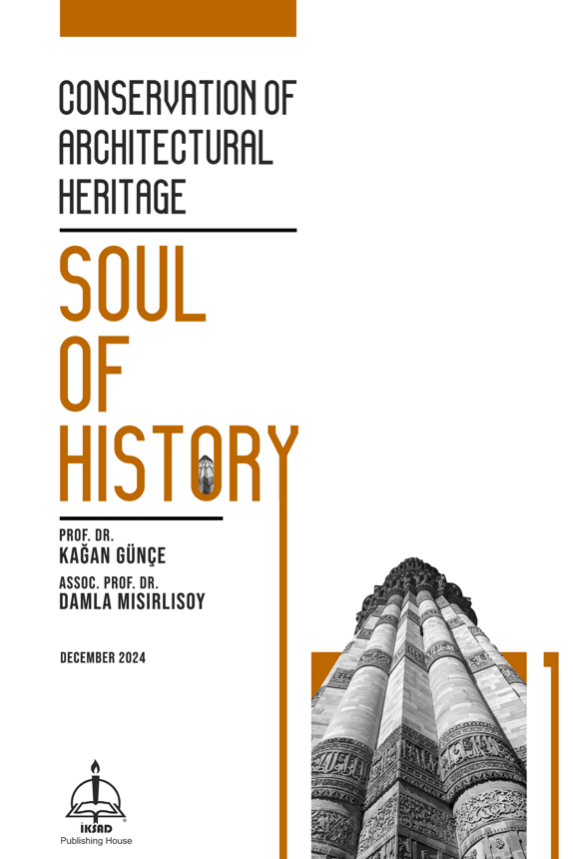All events throughout human history contribute to a cultural accumulation from a societal standpoint, revealing experiences that ultimately shape cultural heritage. This accumulation and these experiences together constitute cultural heritage, which serves as a crucial indicator of a community and its surrounding environment. Heritage has existed throughout history, even if not explicitly termed as such; it has adapted to contemporary challenges and circumstances. Conservation has gained significance through destructions in the historical environment after the industrial revolution and the great destructions caused by world wars in these environments, the concept of conservation inherent in human nature has gained an important place on the world agenda as a policy. Since the beginning of the 20th century, international regulations, declarations, laws and agreements, have ensured that the concept of conservation is included in the fundamental rights and responsibilities of contemporary societies, although their scopes, perspectives and methods have changed.
Conservation of Architectural Heritage: Soul of History
ISBN: 978-625-367-979-8





